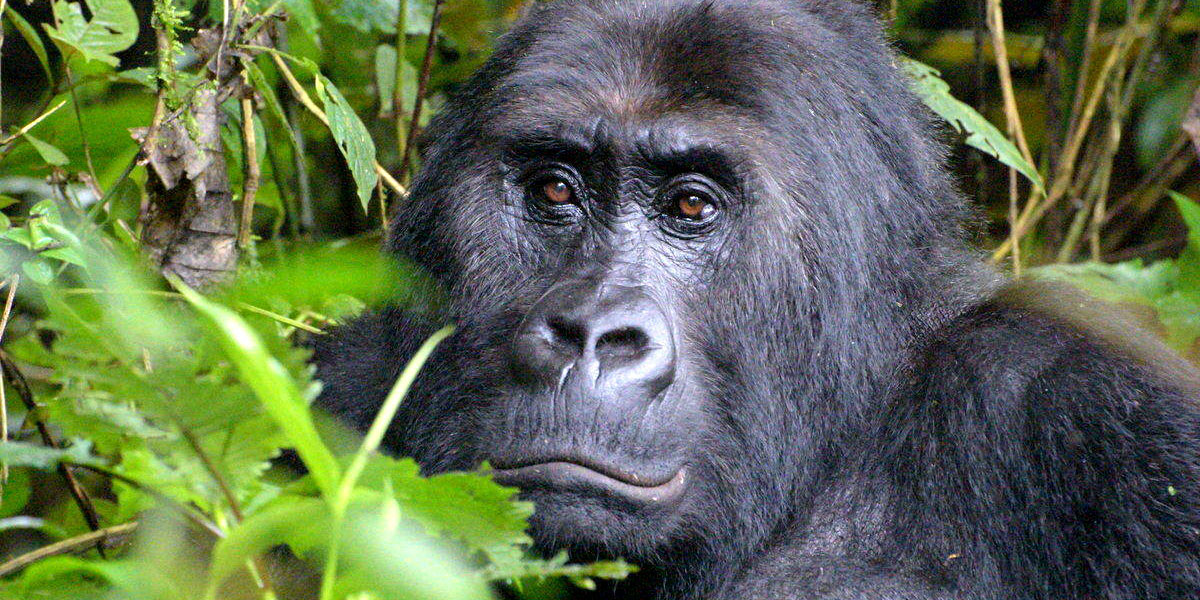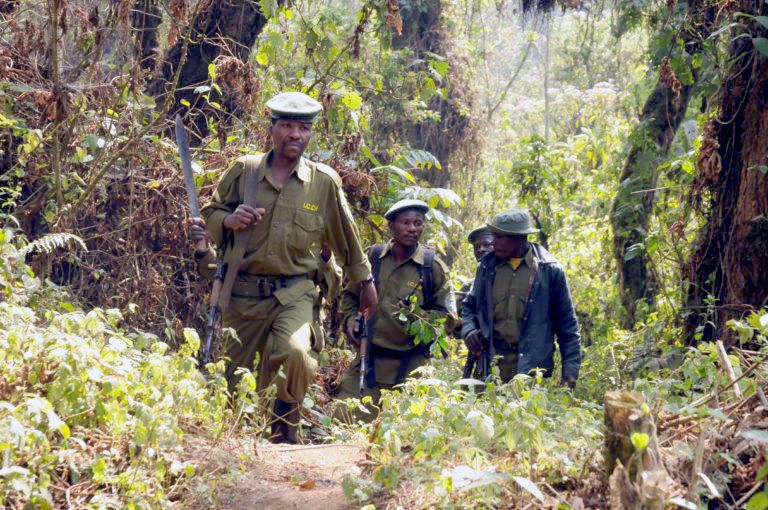

A wildlife ranger tasked with protecting critically endangered Grauer’s gorillas was killed this month in the Democratic Republic of Congo’s Kahuzi Biega National Park, Mongabay reported.
Munganga Nzonga Jacques, 26, died Oct. 4 in an area in the Tshivanga region of the park, an area previously believed to be safe for the gorillas, showing the dangers conservationists face in unstable regions, the Wildlife Conservation Society (WCS) said.
Jacques is the second ranger to be killed in the park in the last six months. Rebel groups shot and killed park ranger Oscar Byamungu Mianziro back in March.

“We are very concerned about these increased threats to the rangers and their families, and to the protection of these animals,” Andrew Plumptre, WCS senior conservation scientist for Africa, said in a statement.
Grauer’s gorilla—a subspecies of eastern gorilla, the world’s largest ape—are confined to eastern Democratic Republic of Congo. They were listed as critically endangered on the IUCN Red List of Threatened Species back in September after their population dropped 77 percent.
In 1998, it was estimated that 17,000 Grauer’s gorillas lived in the forests of eastern Democratic Republic of Congo. Now, fewer than 3,800 of these gorillas still live in the wild, according to a report from the WCS, Flora and Fauna International and the Congolese Institute for the Conservation of Nature.
The main cause of the decline is hunting for bushmeat and civil unrest, which is taking place around villages and mining camps that have been established by armed groups deep in the forests in eastern DR Congo.
“The civil war in the Democratic Republic of Congo has led to the wide availability of arms and created a plethora of militia groups who control different territories in the east of the country,” Andrew Plumptre, senior conservation scientist for the WCS Africa Program, told PLoS One. “This has been terrible for conservation of its wildlife.”

 233k
233k  41k
41k  Subscribe
Subscribe 